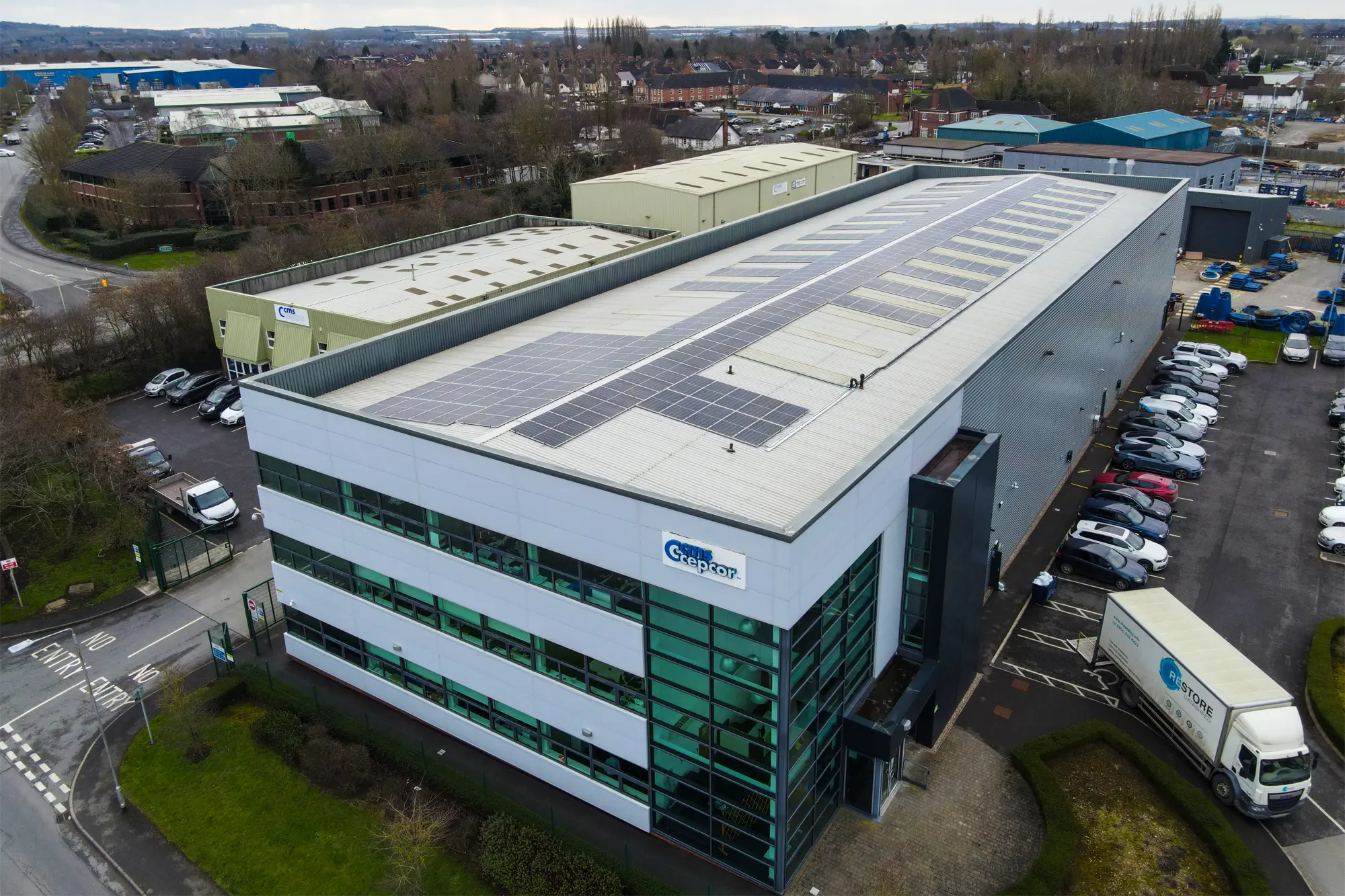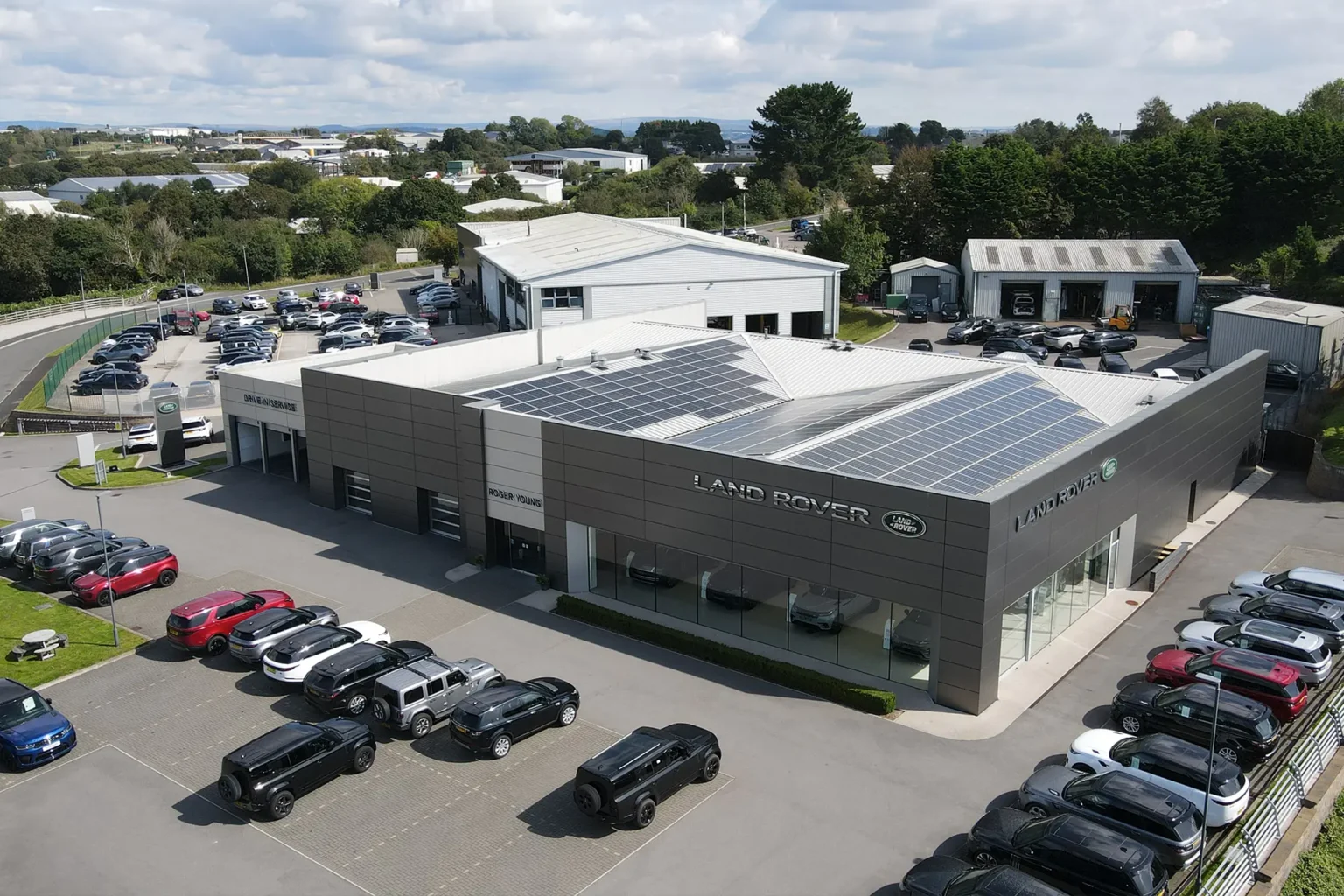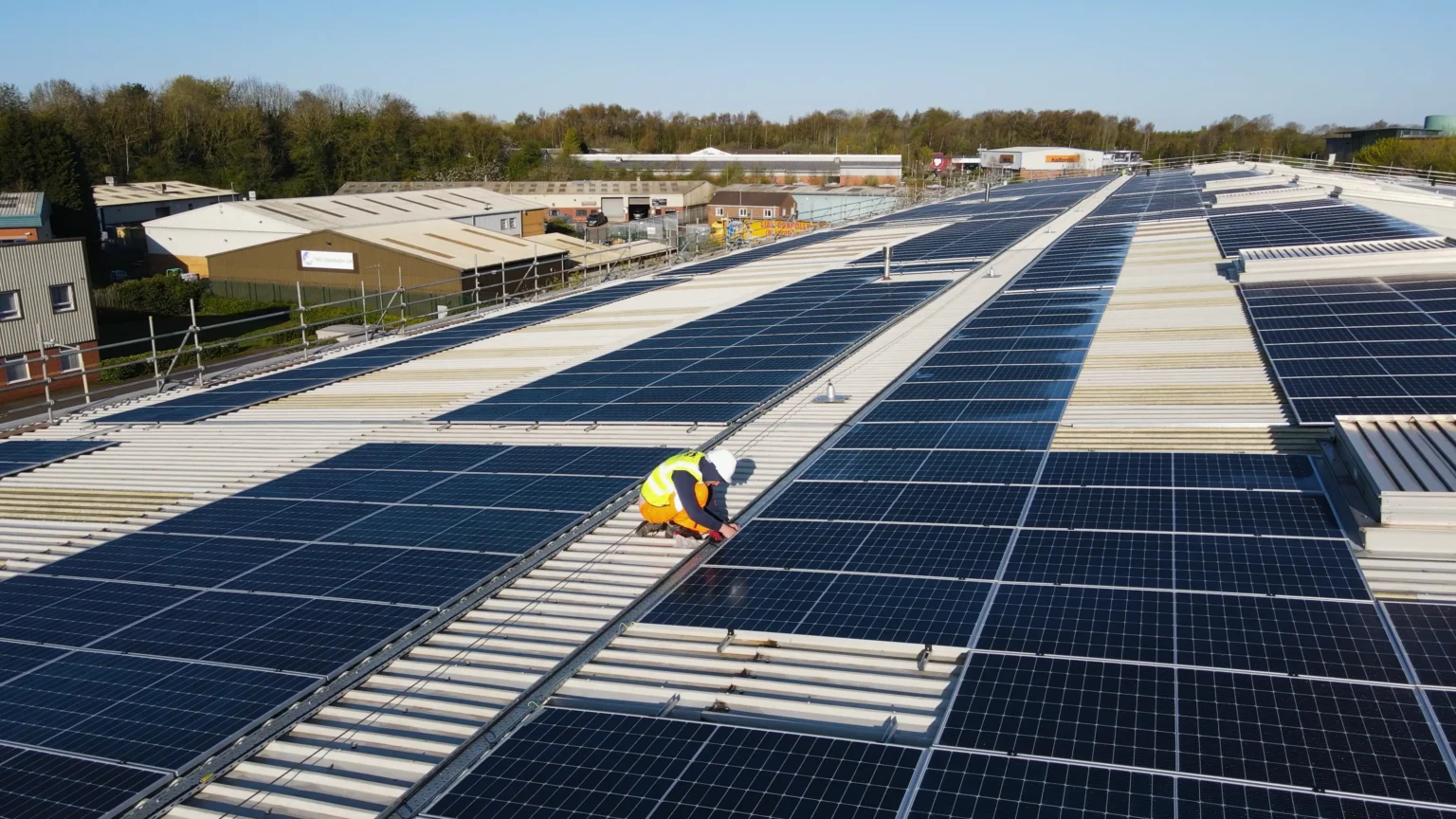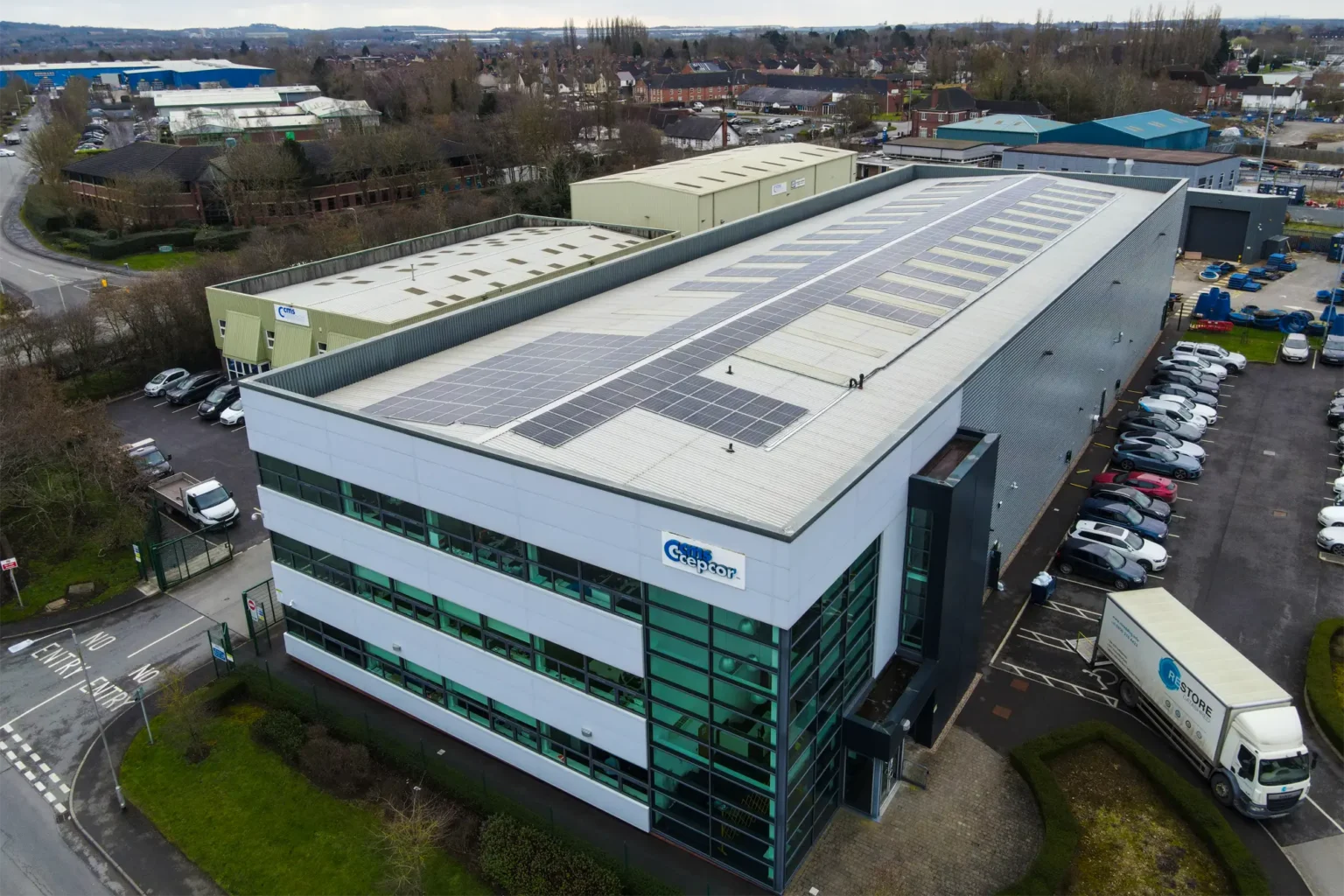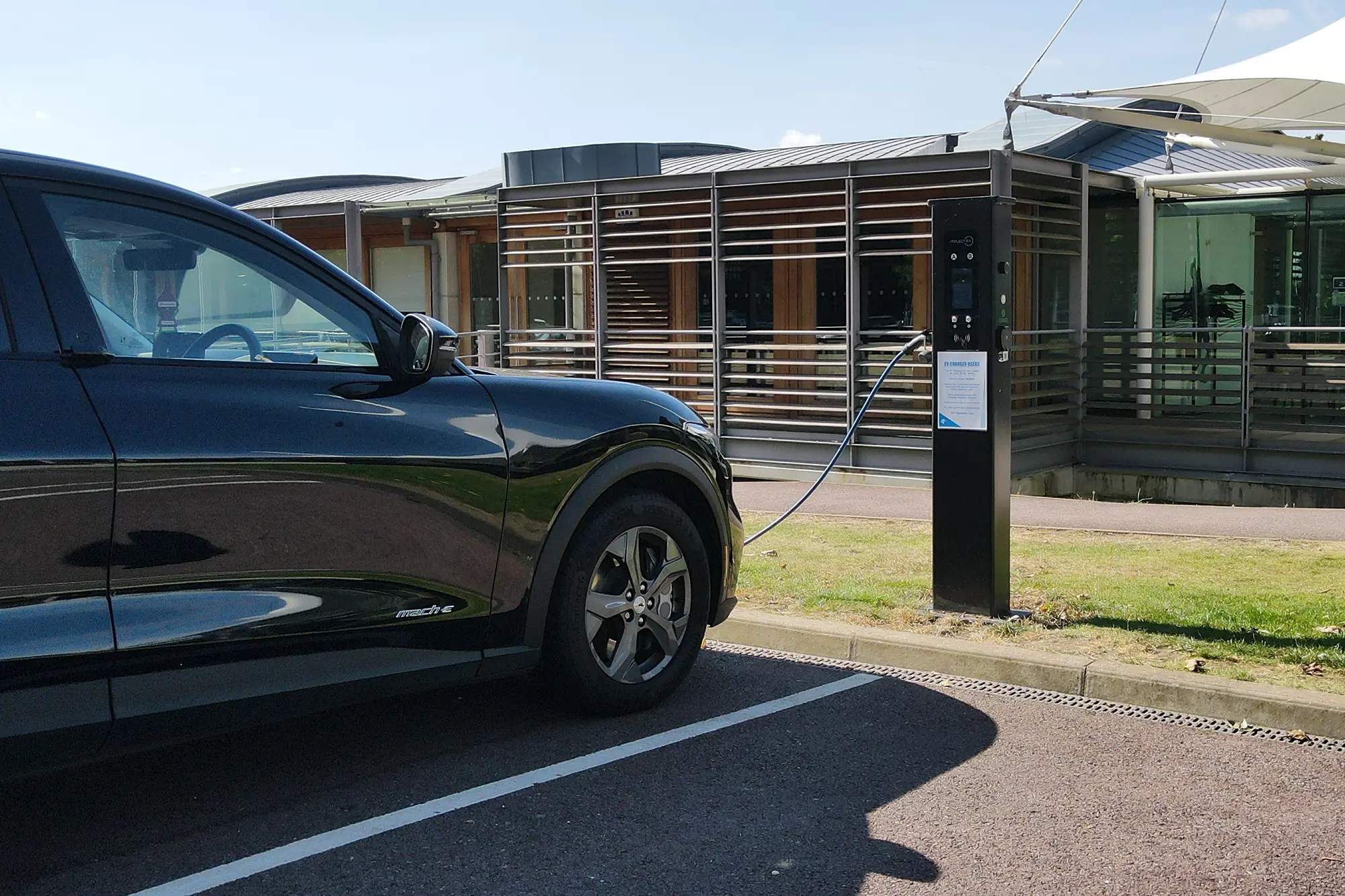Why You Should Go Solar: Benefits and Savings for SMEs and Enterprises
In today's rapidly evolving business landscape, sustainability isn't just a buzzword it's a core component of strategic planning. As finance leaders at SMEs and enterprises, you are tasked with not only ensuring profitability but also aligning your company with responsible practices that resonate with consumers and stakeholders alike. One of the most impactful steps you can take toward achieving this is investing in solar energy. Let's explore the key factors and potential savings that come with adopting solar panels.
1. Financial Savings
One of the most compelling reasons to consider solar panels for your business is the potential for significant cost savings. By generating your own electricity, you can dramatically reduce your energy bills. Commercial solar systems enable businesses to turn previously unproductive spaces be it rooftops, land, or even bodies of water into power-generating assets.
Example:
Imagine a medium sized manufacturing firm that invests in a solar panel system. By doing so, they could see their monthly electricity costs slashed by up to 50%. With the increasing cost of energy, this translates to thousands of pounds saved annually, which can be reinvested into other critical areas of the business.
2. Return on Investment ROI
Solar panels are not merely an expense they are an investment. The ROI from solar installations can be incredibly attractive, often providing returns that outpace traditional investment vehicles. With government incentives and financial schemes, the initial capital outlay can be reduced, leading to quicker payback periods.
Example:
Consider a retail enterprise that opts for solar energy. With the right financial incentives and energy savings of 30,000 per year, their return on investment could be realized in as little as three to five years. After that period, the energy savings contribute directly to the bottom line.
3. Energy Independence
By investing in solar panels, businesses gain a degree of energy independence that can be particularly valuable in times of rising electricity costs or energy supply uncertainty. This independence ensures that your company is less vulnerable to fluctuations in the energy market.
Example:
A tech startup that relies heavily on data centres for operations can benefit from solar energy by generating reliable power that shields them from unexpected price hikes. This consistency allows for more accurate financial forecasting and budgeting.
4. Carbon Footprint Reduction
In an era where consumers and stakeholders increasingly favour environmentally responsible companies, going solar is a strategic move. By opting for renewable energy, businesses can significantly lower their carbon footprint and enhance their sustainability credentials.
Example:
A logistics company that transitions to solar power can proudly market itself as a green alternative in an industry often criticized for its environmental impact. This not only attracts eco-conscious clients but may also lead to partnerships with other businesses seeking to bolster their own sustainability efforts.
5. Battery Storage Solutions
To maximize the benefits of solar energy, integrating battery storage solutions can be a game-changer. These facilities can help businesses reduce their electrical requirements by storing excess energy generated during peak sunlight hours for use when the sun isnt shining.
Example:
Imagine a food processing company that invests in both solar panels and battery storage. They can capture excess energy during sunny days and use it during nighttime operations, significantly lowering their reliance on the grid and further reducing energy costs. This dual approach ensures a more reliable and efficient energy management system.
Conclusion
As finance leaders in SMEs and enterprises, the decision to invest in solar energy is more than just a sustainability initiative a strategic move that can lead to substantial cost savings, improved ROI, and enhanced corporate reputation. By harnessing the power of the sun, you can turn unproductive spaces into energy generating assets while contributing positively to the environment. In this era of corporate responsibility, going solar is not just an option it's an opportunity for growth and leadership in sustainability.
So, are you ready to take the leap into a brighter, more sustainable future for your business The sun is shining, and the time to act is now!











